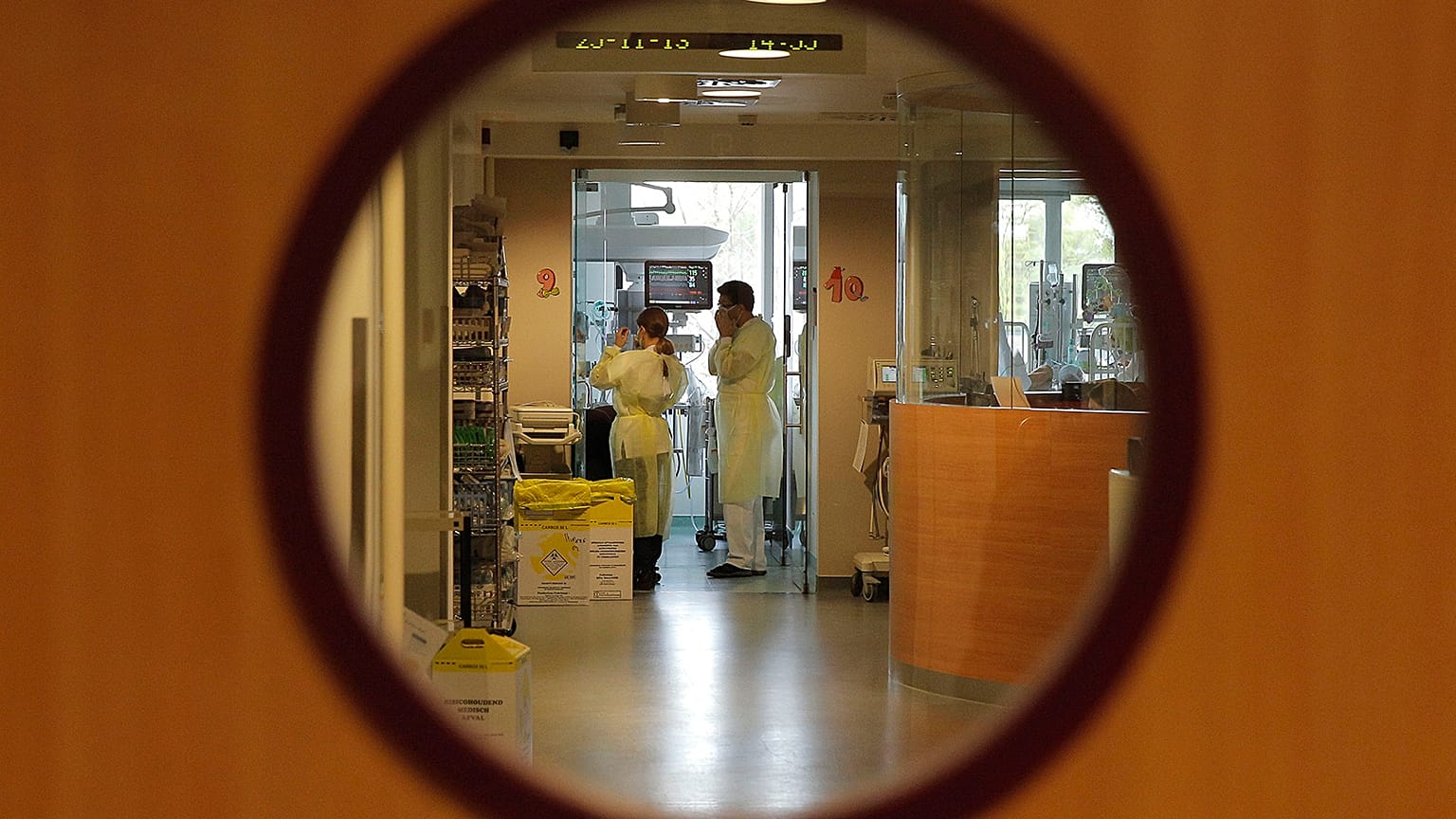Twenty years ago, Belgium became only the second country in the world to legalise euthanasia. Today, more than a dozen European nations allow some form of it.
Marc Decroly has helped more than a hundred patients die.
 ADVERTISEMENT
ADVERTISEMENT
 ADVERTISEMENT
ADVERTISEMENT
The 58-year-old doctor is one of several Belgian practitioners who help people end their lives at home under a right-to-die law adopted 20 years ago on 28 May 2002.
At the time, Belgium was only the second country to decriminalise euthanasia, two months after its neighbour, the Netherlands.
Over the following two decades, the procedure — once furiously contested — has become more commonplace. And Decroly says it has received support from some unlikely places.
"In our debates in Belgium, we have several eminent members from Catholic universities who have taken a stand and expressed the idea that a law could be humanistic, even if it went against certain rules of the Church, which perhaps no longer correspond completely to today's society," Decroly said.
Active euthanasia legal in three European countries
Under Belgian law, patients qualify for euthanasia only if they have an incurable illness and experience constant, intolerable physical or mental suffering that cannot be alleviated.
They also have to expressly repeat an explicit request for assisted death, which must be proven thoroughly thought-through and not subject to any outside pressure.
Photographer Catherine Rombouts took a photo of her mother three hours before she chose to end her life through euthanasia.
"What is emotional for me is that the image I have of my mother is a beautiful one," Rombouts said. "It's an image of a feisty woman, who's accepted her fate but who is not a victim."
Rombouts said she wished other countries would follow Belgium's lead and legalise euthanasia.
Active euthanasia — also called assisted suicide — is currently legal in three European countries. More than a dozen others allow terminal patients to stop treatment, referred to as passive euthanasia.
Six European countries have formally banned the practice, but support for it is growing in many parts of the continent.
In March, Italy's parliament approved a draft right-to-die legislation, bringing the country one step closer to legalising it. The Senate must still approve the bill before it can become law.














